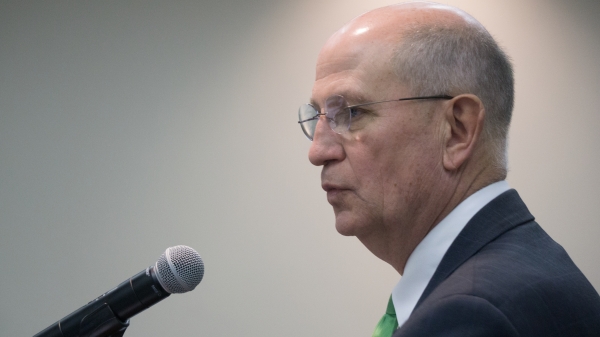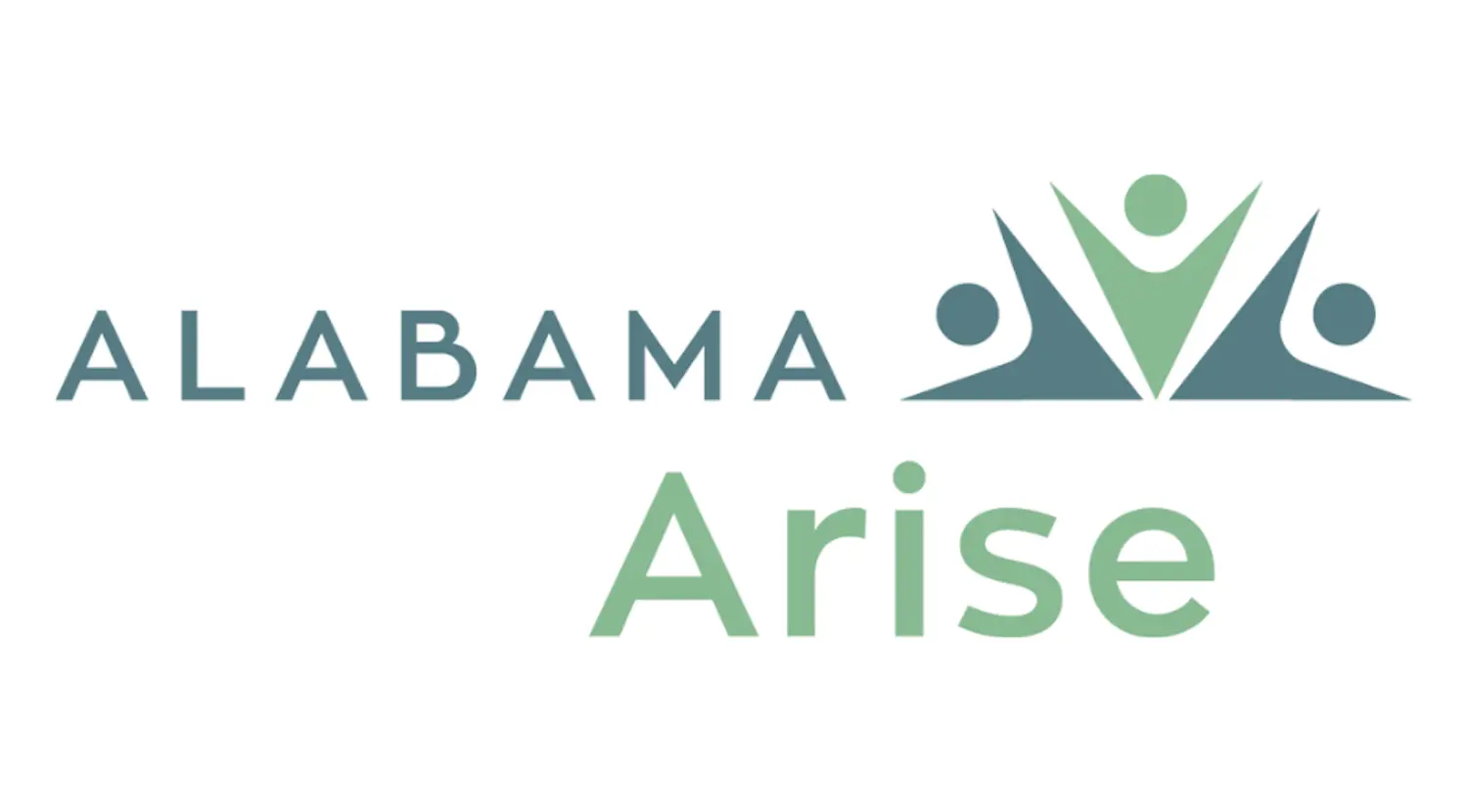Alabama Arise has unveiled its legislative priorities for 2026 as the organization continues looking to affect change across the state.
After tallying votes cast by nearly 600 members last week, Arise announced that it would be focusing on advocating in seven specific policy areas next year: health equity, hunger relief, adequate state budgets, inclusive democracy, justice reform, tax reform and worker power.
Specifically, the organization will advocate for closing Alabama’s health coverage gaps, protecting access to maternity care, providing free school lunches and breakfasts, and ensuring equitable public education funding and state funding for affordable housing and public transportation. Arise will also look to bring no-excuse early voting to Alabama, restore voting rights for disenfranchised Alabamians, improve the state’s sentencing and parole systems, eliminate the grocery tax, and increase worker protections by removing tax incentives for companies violating child labor laws and by expanding paid parental leave.
“Alabama Arise believes in dignity, equity and justice for everyone,” said Alabama Arise Executive Director Robyn Hyden. “Our legislative priorities seek to empower Alabamians of every race, income and background to reach their full potential. And they reflect our members’ commitment to building a healthier, more just and more inclusive Alabama for all.”
In a recent press release, the organization placed particular emphasis on its goals of closing Alabama’s coverage gap, protecting affordable Marketplace plans, and introducing no-cost school meals help Alabama children learn and thrive.
The release noted how Medicaid expansion could close Alabama’s coverage gaps for lower-income Alabamians, removing financial barriers to health, saving hundreds of lives every year and even supporting thousands of new jobs across the state.
“Alabama is one of only 10 states yet to expand Medicaid. Medicaid expansion would ensure health coverage for nearly 200,000 Alabamians caught in a coverage gap. Most of these residents earn too much to qualify for the state’s bare-bones Medicaid program but too little to afford private plans,” the organization stated. “The number of Alabamians in the coverage gap could soar in 2026 if Congress fails to renew enhanced Premium Tax Credits for Marketplace plans under the Affordable Care Act. If lawmakers allow the credits to expire, about 130,000 Alabamians would lose their health coverage, and premiums for many others would nearly double.”
“Everyone should be able to get the health care they need when they need it,” Hyden added. “Congress must act quickly to protect affordable Marketplace coverage for hundreds of thousands of Alabamians. And our state policymakers need to step up to close Alabama’s health coverage gap once and for all. This investment would pay off in the form of healthier families and stronger economic growth in communities across our state.”
Arise also stressed the need for stronger investment in school meals as the Trump administration looks to slash federal funding for the Special Supplemental Nutrition Program for Women, Infants and Children, WIC, and the Supplemental Nutrition Assistance Program, SNAP.
The organization noted that hundreds of Alabama schools already provide no-cost meals through the Community Eligibility Provision, but not all schools can participate in the program. Arise will therefore look to build on the $17.3 million which state legislators approved this year to expand school breakfast and continue Alabama’s participation in SUN Bucks, which provides $40 in food benefits per summer month for hundreds of thousands of Alabama children. The organization will also advocate for additional state funding so that local districts can match federal funds to offer no-cost meals.
“Children and communities across Alabama would enjoy immediate and long-term benefits from no-cost meals in public schools,” Arise stated in its press release. “No-cost meals would reduce child hunger in a state where nearly 1 in 4 children face food insecurity. Extending the reach of school meal programs would help reduce behavioral problems and improve attendance and test scores. Reducing food insecurity for children also can help improve their mental health and overall health as teenagers and adults.”
“It’s hard for children to focus in school when they’re hungry,” Hyden added. “Lawmakers should ensure that WIC and SNAP continue to provide food assistance for families across our state. And our legislators should invest in no-cost school meals to reduce hunger and help every Alabama child succeed both in the classroom and throughout their lives.”
Alabama’s lawmakers will convene for next year’s Legislative Session on January 13, 2026.













































